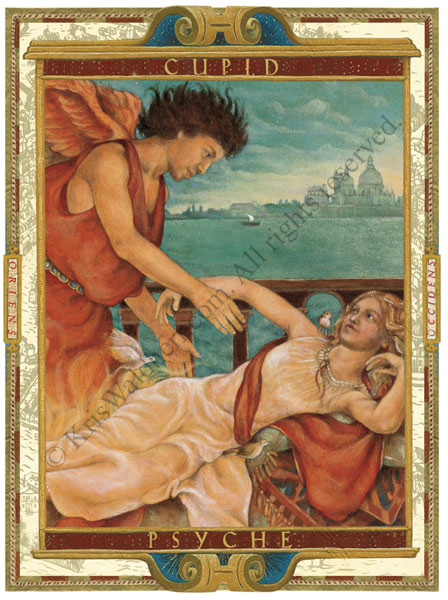A Crowdsourced Bookshelf for new Novelists

Above: a few of the resources on my bookshelf.
I’m knee-deep in revising my first draft of the The Lost History of Dreams, which is at the point where I’m starting to share chapters with beta readers. (Hooray? Yikes?) While I’ve been in the midst of this, someone asked me to recommend resources for someone who wants to write a novel, but doesn’t know to begin. Which is a great question—hence, this blog post.
My first answer was obvious: National Novel Writing Month, aka NaNoWriMo. After all, if it wasn’t for the miracle that is NaNoWriMo, I seriously doubt I would have jumped off the high board into writing fiction. Beyond this, I was surprised to find myself flummoxed for answers. I mean, I have my favorite books on the craft, but I’ve been writing for as long I could set words to paper. Some of my earliest memories are taking out “how to get published books” from the adult section of my local library while my mother assured the librarian, that yes, I could read them, please let the kid borrow them already.
So, if in doubt, crowdsource! What follows is an edited list of books and other advice generously shared by writers who know their stuff.
Anca Szilagyi: “Francine Prose’s Reading Like a Writer and Natalie Goldberg’s Writing Down the Bones. One is all about close reading fiction, and reading for courage to do your own writing. The other encourages writing in a more general/zen sense and has a “keep going” shtick that is helpful.”
Shelley Schanfield: “A good craft book that has lots of practical instruction on character development and story arc is Janet Burroway Writing Fiction.”
Ellen Seltz: “The Snowflake Method. Even if you don’t wind up using it exactly, it helps to have concrete tasks to keep the manuscript moving forward, so you don’t get so abstract and woo-woo that nothing gets accomplished. It’s a good tool. If you don’t already have a process, it’s a starting point to help you build one.”
Susanne Dunlap: “I like Story by Robert McKee. And I love Janet Burroway’s book as well.”
Diane Brandt Wilkes: “Here are the ones that help/ed me the most, in no real order. These are off the top of the head of someone who would much rather read books about writing than actually write.
”Bird by Bird by Anne Lamott
If You Want to Write by Brenda Euland
Writing the Novel by Lawrence Block
The Forest for the Trees by Betsy Lerner (My favorite.)
The Art of Fiction by Ayn Rand (She helped me finally understand what plot meant.)
The Artist’s Way by Julia Cameron
Becoming a Writer by Dorothy Brande
Making a Literary Life by Carolyn See
Thunder and Lightning: Cracking Open the Writer’s Craft by Natalie Goldberg
Telling Lies for Fun and Profit by Lawrence Block (He’s the best at the nitty gritty.)”
Melinda Belle Harrison: “For genre fiction, I recommend The Marshall Plan Workbook : Writing Your Novel from Start to Finish. If more beginning writers used it, they would leap years ahead in work.”
Melodie Rose Winawer: “The Business of Writing, edited by Jennifer Lyons. Given to me as a gift by my editor. Great stuff.”
Libby Sternberg: “I recommend joining Romance Writers of America and one of their chapters, even if you don’t write romance. The romance community is the most supportive and encouraging writing community I’ve encountered, willing to share information and cheer you on. And some chapters — such as New Jersey’s — have terrific conferences.”
Claude Rothman: “There are four books I consult permanently: How Fiction Works by James Wood, Reading Like a Writer by Francine Prose, Bird by Bird by Anne Lamott, and Naming the World by Bret Anthony Johnston. The last one includes very smart exercises for the creative writers to which I come back when I have a problem.”
Stephanie Renee Dos Santos: “The Art of Fiction by John Gardner, The Writer’s Journey by Christopher Vogler, Stein on Writing & How to Grow a Novel by Sol Stein, The Writer’s Portable Mentor by Priscilla Long, and Between the Lines by Jessica Morrell.”
I hope this list helps and inspires! And many thanks to all who shared their wisdom.


